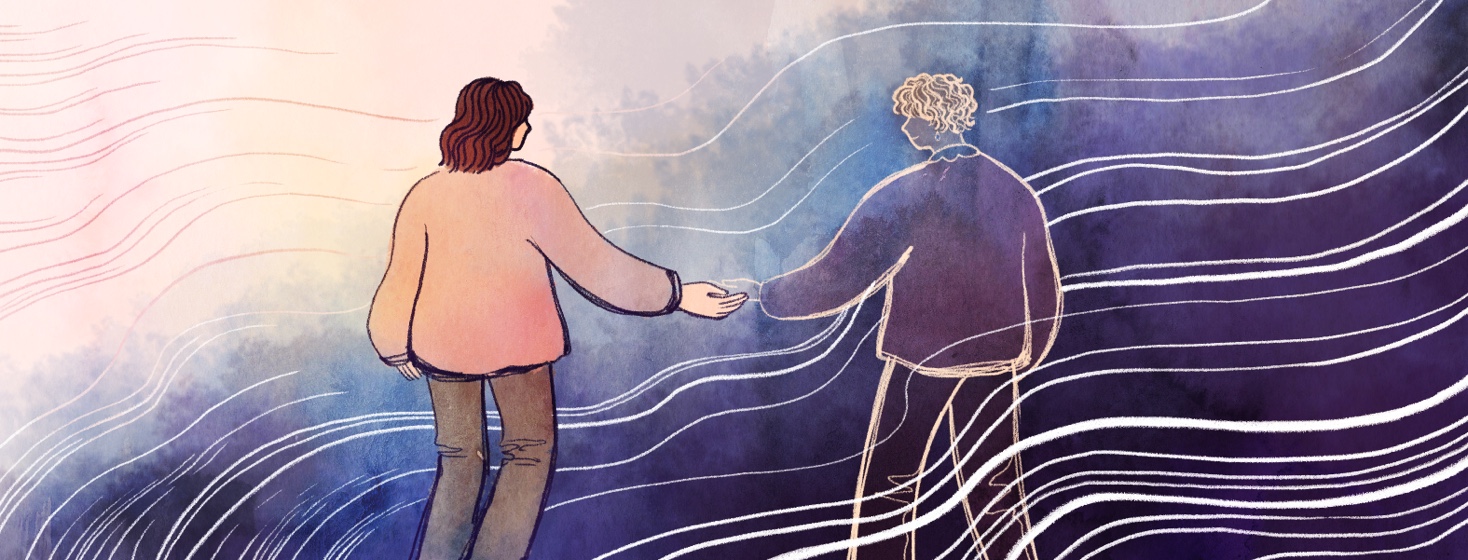Surviving Survivor's Guilt (Part Two)
In Part One of this series, I shared what survivor’s guilt is. I also shared some common symptoms of survivor’s guilt. We talked about how survivor’s guilt is a normal response to having a traumatic, or unsafe, event.
In addition, I wrote about how each person will react in different ways to survival's guilt. There is not one way to cope with the emotions that survivorship brings.
In this article, I will share ways you can cope with survivor’s guilt. Just like there were different symptoms of survivor’s guilt in Part One, there will also be different ways to cope with survivor’s guilt.
What is coping?
Coping is an attempt to overcome problems and hardships.1 When someone is trying to cope with something, it often involves life changes. Big or small.
These changes can be seen as stressful, even if they are good changes. When someone is trying to cope with life changes it requires them to adjust and adapt. In addition, these adjustments require more energy than what people usually need in daily life.2
There are different types of coping mechanisms; however, in this article, I am going to focus on different ways to cope with survivor’s guilt.
What are ways you can cope with survivor’s guilt?
As we learned, survivor’s guilt is a normal reaction to loss, but that does not mean it is easy to live with. If you have survivor's guilt, you may be wondering how you can cope with it?
There are many ways to cope with survivor's guilt. And it is important to know that you are not the only one who has these feelings.
In addition to coping, it is important to ask for support as you process your feelings. Below are six ways to cope with survivor’s guilt:3
- Accept and allow the feelings. The feelings are a response to what you experienced. Take time to process the emotions that you felt when you recall what happened.
- Connect with others. Share your feelings with someone you know and trust. If your family and friends cannot help you, look for a support group.
- Use mindfulness. Mindfulness is when you pay attention to what is happening in the present. Some ways you can practice mindfulness include focusing on your breath or touching nearby fabrics. Another way is noticing the sounds that are around you.4
- Practice self-care. Self-care is taking care of yourself so that you can be healthy and well.5 It will look different for each person. Finding out what helps you care for yourself is important. For example, some people take walks, paint their nails, or read a book.
- Do something good for others. Helping other people helps us take the focus off of ourselves. For instance, doing good for someone may look like helping a friend or family member. Another example is sending a package or card to someone you care for.
- Seek professional help. If feelings of survivor’s guilt last for a long time, it may be helpful to see a therapist. Talk to your doctor if you think you may need to see a therapist.
Create a safe space
It is important to know that survivor’s guilt is a normal reaction to an unsafe, or traumatic, event. Having the support network to process the emotions you are feeling is important.
Seeking help from a therapist is not a sign of weakness. After all, human beings are emotional creatures. For this reason, it is important to create a safe space to process all of your emotions. This is part of practicing mental health.

Join the conversation